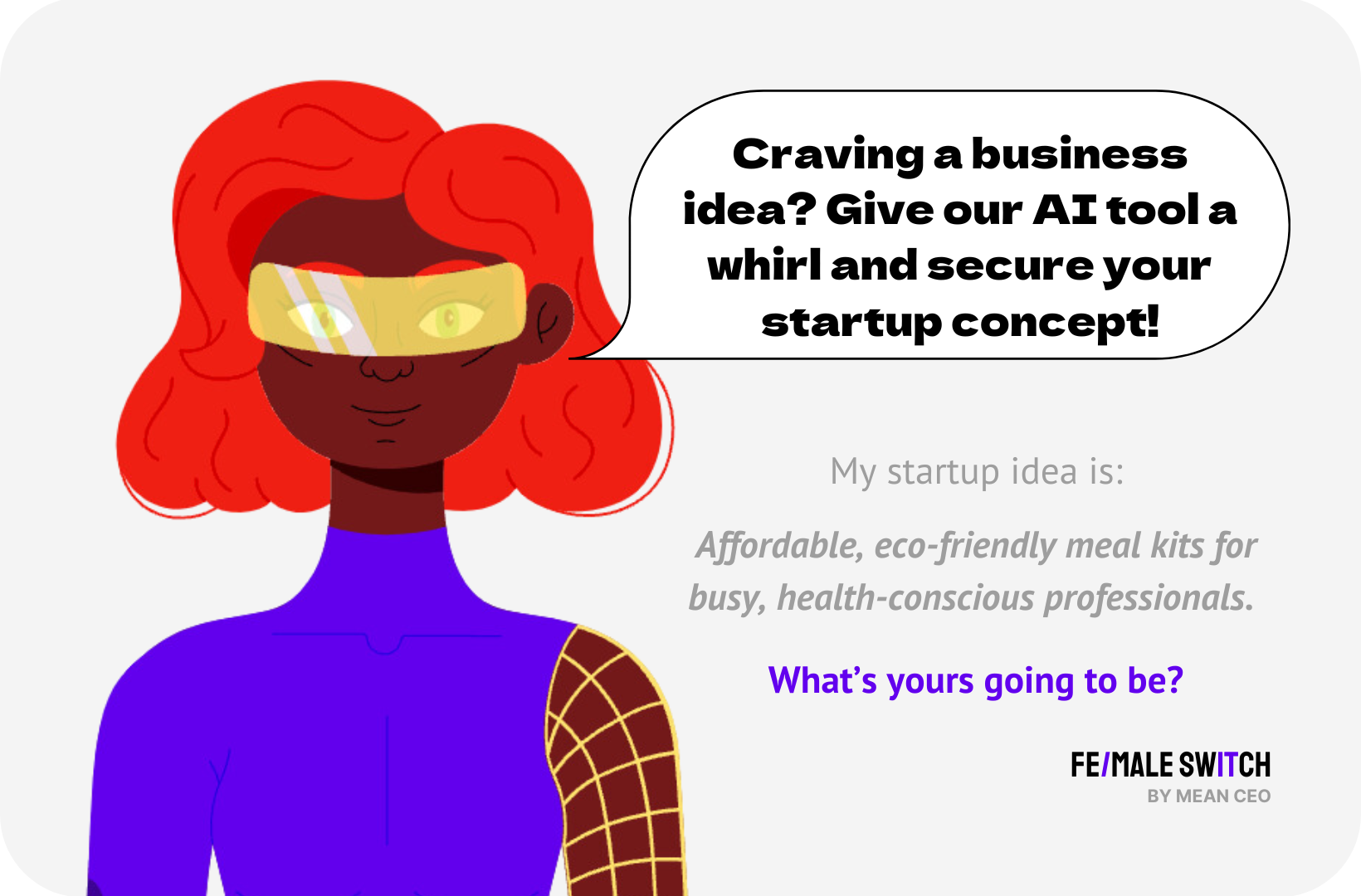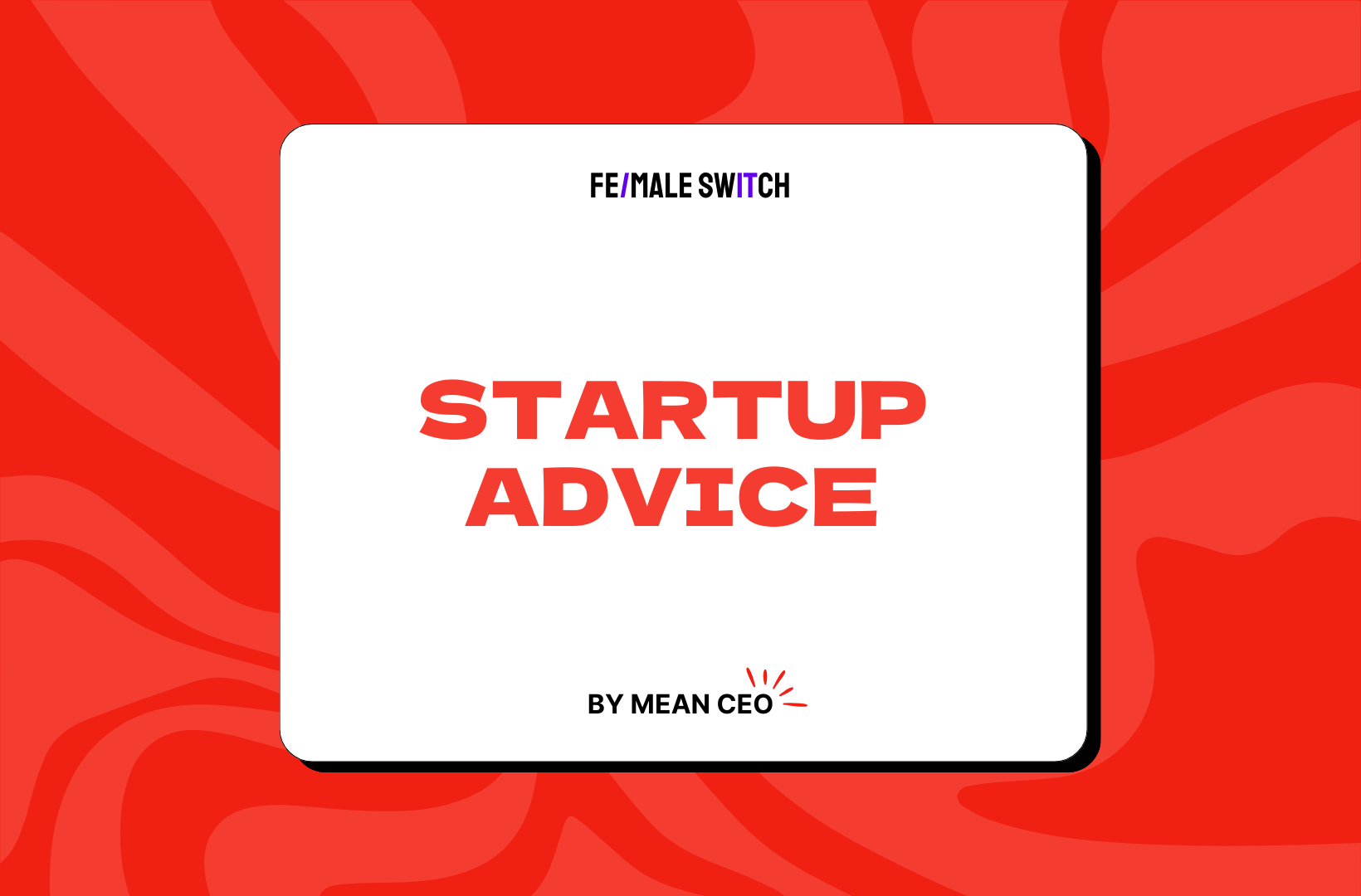TL;DR
There always comes a time when you ask yourself: "I need to start selling my product. How do I approach this?" Let me get a big mug of coffee, because the answer is not easy to digest.
There always comes a time when you ask yourself: "I need to start selling my product. How do I approach this?" Let me get a big mug of coffee, because the answer is not easy to digest.
Now, if we put all the jokes aside for a moment, the response to this little question — well, it's twofold and brace yourself for the punchline: the first part is hard and the second is even harder.
Stay with me here. The first bit, the hard part, zooms in on selling skills. And in this day and age, being able to sell means a lot more than having an awesome product. You've got to be able to build an online sales infrastructure, attract and squeeze everything out of the traffic that you get. What does this infrastructure look like? Excellent question! It could be anything from a jazzy social media storefront to a fancy mobile app or a charming website. Heck, even games these days are basically shops. You didn't see that one coming, did you?
Now, let's venture into the "very hard" territory. This is where things get extremely interesting, mainly because you need to figure out the WHAT of selling and actually...umm...CREATE a product.
If you're in the beginner zone, never fear! I’ve got a plan. Watch closely:
First Stage (a couple of months): Traffic, my friend — dive into it, and stay there. Trust me, it is vital. And it doesn't really matter if it's SEO, ads or social media. You might ask, "Why?". Here's why:
- It helps you lose your pink glasses. Suddenly all the business plan figures look ridiculous and far from reality. That's exactly why I hate business plans. They have absolutely nothing to do with real life.
- You don't need to have your own product to be able to sell.
- It helps you master the shiny tech stuff, methodology, and tools. And that's exactly what you need to move forward.
- It provides an intel on traffic, metrics, and business. You will actually understand what the hell CAC, LTV, CTR, CPC and all those other 3 letter abbreviations mean and how they are connected to each other.
- There's plenty of information out there, I would even say too much. Read all you want but only doing it by yourself can really teach you anything valuable.
- Yes, it costs time and a bit of money, but you gain a treasure trove of experience. More than any university of course can teach you.

Second Stage (2-3 months): You're ready to develop your selling infrastructure. Drumroll, please...start selling someone else's stuff, like affiliate marketing or dropshipping, and sell on various marketplaces. Try to sell something. Even little profits count, remember that. Scale it up with paid traffic acquisition when you are confident enough.
Third Stage: Thinking of creating your own product? You're ready, tiger! After hurting a lot in the first two stages, you won't just talk about it — you'll ace it!
Does this sound lame? Here’s a different idea: Get a job for about 6 months and grab a sneak-peek into how companies sell. Don't just look, learn and test. And no matter what you do, don't quit your day job until you’ve locked in stable sales in your business.
Do you know how beginners usually proceed?
1. Number one in the list is usually quitting their 9-5 job, without having anything concrete in place.
2. Then they jump into creating their own product or service without a flipping clue about how to make or sell it.
3. Lastly, they decide to open up a tech startup in the hopes of winning big time in the investment game, all while having zilch experience in startups.
The worst part is that most incubators or entrepreneurial courses don't teach you how to sell. They don't even mention sales, unless it's for a 5 year revenue model for....of course, a business plan.
The pitchdeck has a slide for your GTM (Go to market) strategy but it's only a high level overview.
No wonder that we always hear about startups failing.
See, when we learn to ride a bicycle, we start small, right? Maybe manage to ride a few meters without landing on our face. You don't start training for Tour de France right off the bat, do you? You learn the ways of navigating, right? That’s what logic suggests anyway!
So, if you're a business newbie, why rush in headfirst, acting all tough without experience? Trust me, no one enjoys a trip through a meat grinder. Are you going in for fun? Or, in the game of business, is it the scarier the better?
Start small. Learn to sell. Join the startup game and fail your first startup there before you build something in real life.


